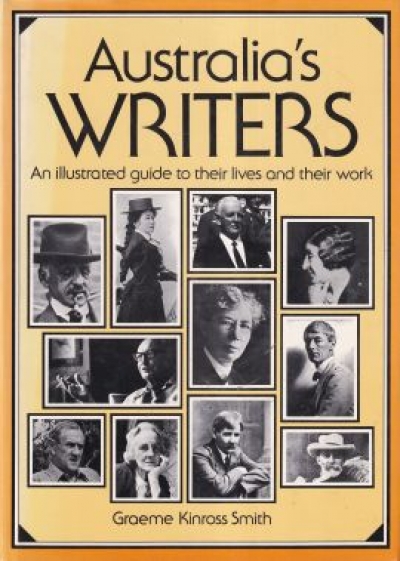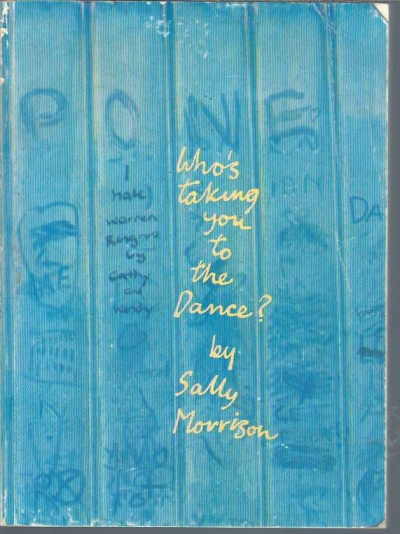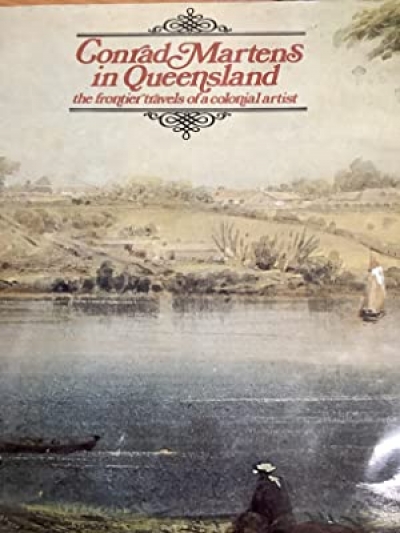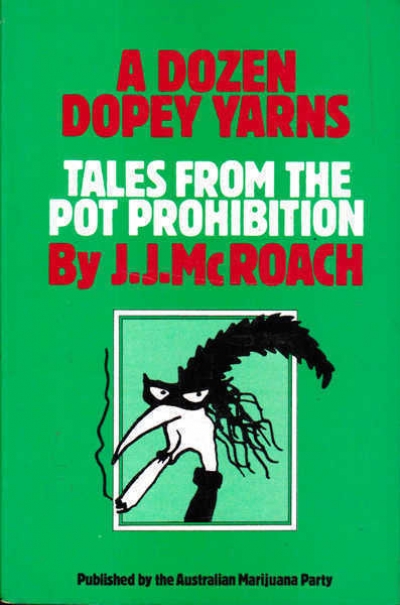Archive
Australian Writers: An illustrated guide to their lives and work by Graeme Kinross-Smith
While the reading of a book has become a solitary matter, its interpretation remains a convivial task which must be performed anew for each new reader, new age, and new country. The business of criticism is to help us in this task, and from a multitude of judgements to further our understanding of an author’s words for our time. The critic is therefore involved not only with books, but through them with the cultural problems of his society. Critical debates thus become debates about major social issues.
... (read more)The Australian and New Zealand Writers' Handbook (2nd Edition) edited by Joan Clarke
Marxists have always been concerned about the relationships of intellectuals to the rest of society, and particularly to change in society. The intellectual, being able to stand aside from immediate social pressures, is able to see the truth of what is happening, and so to correct the false consciousness of those who are involved in the everyday business of production.
Marx and Engels themselves provide the perfect examples of these roles – Engels earned the income, in his role as successful capitalist, while Marx did the thinking. Yet there is a contradiction. The conclusion to which Marx's thinking led him was that ideas themselves are determined by the material forces of production. If this is so, then the words of the intellectual who explains this process are not only irrelevant. but probably untrue, as the consciousness which has generated his ideas has not itself been a part of the productive process.
... (read more)






